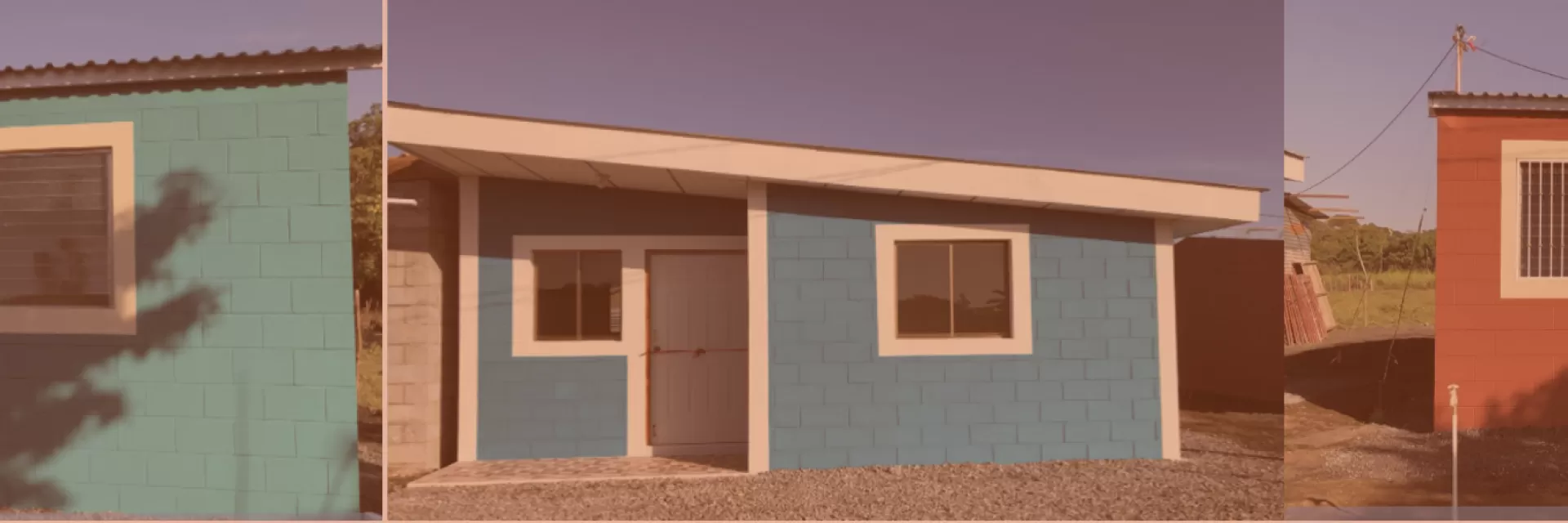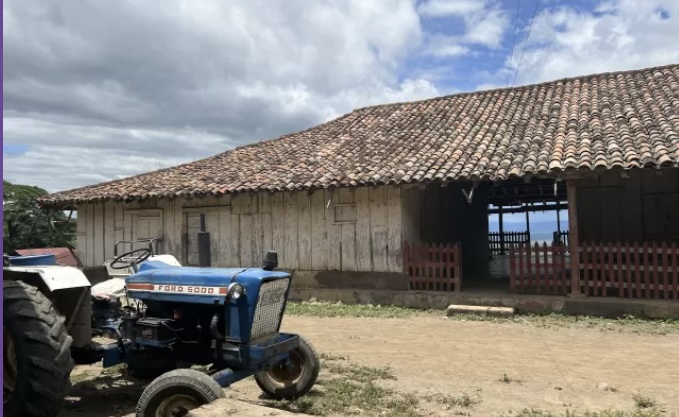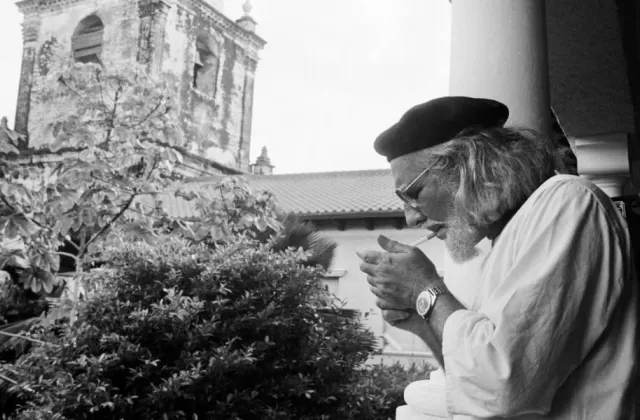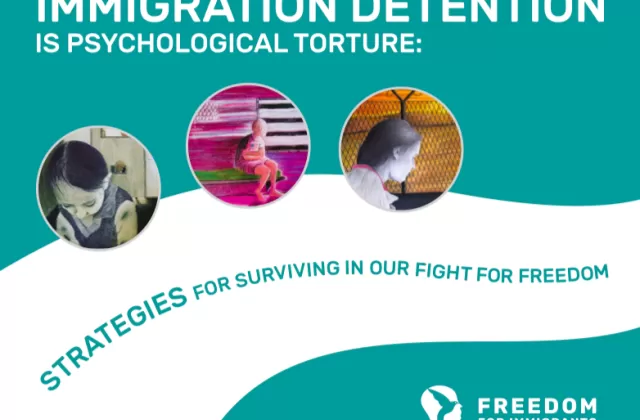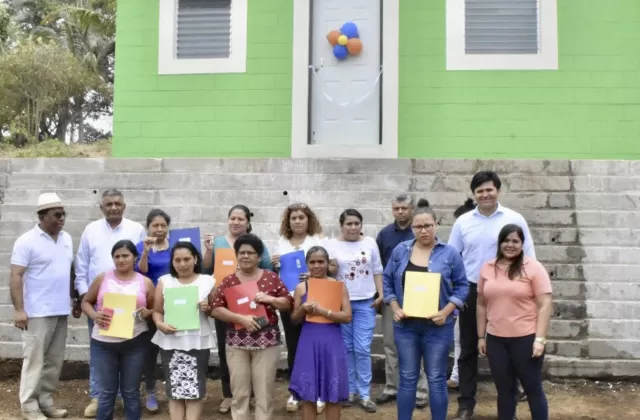Hurricane Eta strikes Nicaragua
Nicaragua was struck with a category 4 hurricane on Tuesday this week. Hurricane Eta formed and quickly strengthened in the Caribbean last week and into the weekend. It came to shore as a very strong, slow moving storm near Bilwi on the northern Atlantic coast, and cut across the northern part of the country, swelling rivers and dropping rain all around.
